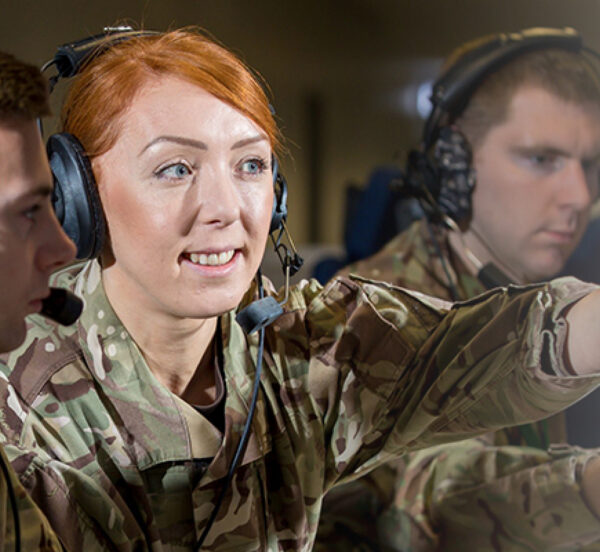Whether you choose the Royal Navy, British Army & Royal Air Force, a career in the Armed Forces can be like no other. The UK Armed Forces has hundreds of different types of roles, from soldiers to mechanics and engineers, from drivers to chefs and HR staff, from pilots to aircrew and police and from logistics to intelligence operatives and Marines. It’s the kind of career you can be proud of as you will be protecting the UK’s interests all over the world, whilst developing transferable skills that stay with you for life.
What skills and qualifications will I need?
You may already have some of the skills required for a career in the military, including:
- the ability to work on your own or as part of a team
- physical skills like movement, coordination and dexterity
- communication, thinking and reasoning skills
- patience and the ability to remain calm in stressful situations
- decision making and leadership
With so many different and unique roles, formal qualifications aren’t always required. If you don’t have GCSE passes in English and Maths, you will attain equivalent qualifications as part of your training. The Armed Forces are one of the UK’s biggest apprenticeship providers, and apprenticeships are completed as part of the training for some roles.
Existing qualifications will give you more choice, for example enabling you to join as an officer or as part of a specific trade like engineer or a medical role.
You will need a basic level of physical fitness to pass selection and will be given lots of advice to help you. You will also need to pass a medical examination too. Your previous experience may be considered.
What else do I need to know?
Generally, the starting pay for a trainee is just under £16,000, progressing to a minimum of £20,400 after training. Entry level salaries for officers can be as high as £39,000 though most will be nearer £30,000. The benefits package includes subsidised accommodation, meals and travel and gym/fitness facilities.
The Armed Forces require a high level, of integrity, discipline and commitment. You’d need to commit to 3.5 years in the Royal Navy, 4 years in the British Army and 6 years in the Royal Air Force, but many go on to serve much longer careers. Opportunities for promotion are well structured and it is possible to rise steadily through the ranks.
Want to know more?
- roles in the Royal Navy, visit the Royal Navy (external website)
- roles in the British Army, visit the British Army (external website)
- roles in the Royal Air Force, visit the Royal Air Force (external website)
For information about becoming a Defence Engineer in the British Army, Royal Navy, Royal Air Force or Civil Service Engineering, visit the Talent Retention Solutions (external website).
In some jobs, you will need to pass a DBS check. For more information visit the gov.uk (external website). Learn more about the DBS process with this guide on YouTube (external website).
Visit the National Careers Service (external website) for detailed career profiles and discover what each job involves.

